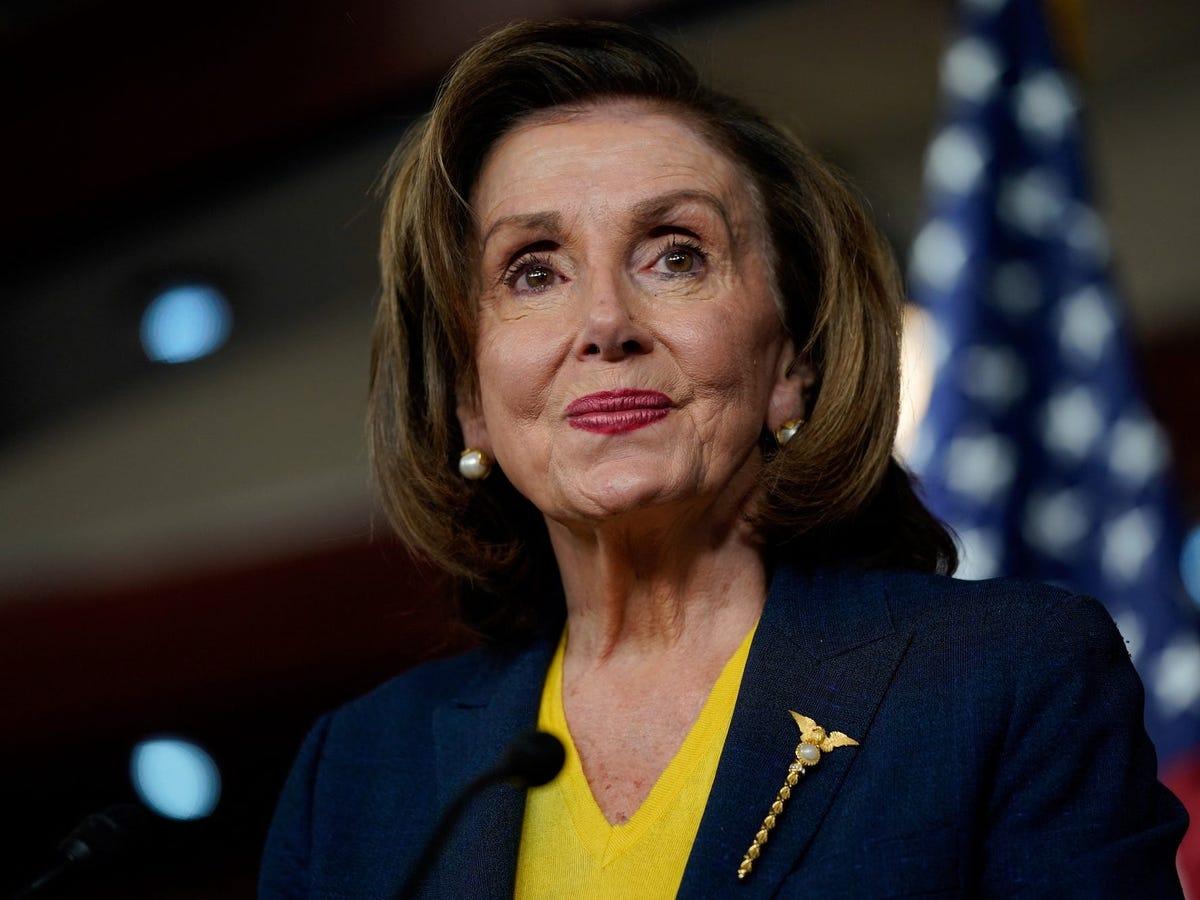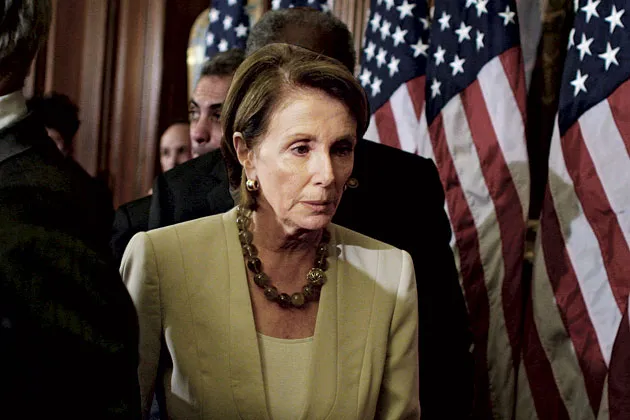The question of whether the FBI should investigate Nancy Pelosi for insider trading has ignited considerable public debate, drawing attention to the murky intersection of politics and finance. As one of the most powerful figures in American politics, Pelosi has been under scrutiny for her stock trading activities and the financial dealings of her husband. While there is no conclusive evidence that she has broken any laws, the perception of potential conflicts of interest is enough to warrant serious consideration about whether further investigation is necessary.

At the heart of this issue lies the principle of accountability. In a democratic society, no individual—regardless of their position—should be immune to scrutiny, especially when it comes to the possibility of personal gain from public office. Public officials are expected to uphold the highest ethical standards. When lawmakers are seen to benefit financially from decisions they have the power to influence, it raises legitimate concerns about fairness, transparency, and the integrity of governance.

Pelosi has denied any wrongdoing and insists that she does not personally trade stocks, leaving those decisions to her husband. Legally, that may be a valid defense. But the question extends beyond the letter of the law. Members of Congress have access to sensitive, non-public information about upcoming legislation, regulations, and national economic policies—information that could, even indirectly, affect the financial markets. Even if a politician does not trade personally, the proximity of their family members to privileged information raises ethical red flags.
Public trust in government has been eroding for years, and this type of controversy only deepens the cynicism. When powerful individuals are seen to profit while average citizens struggle with inflation, layoffs, and economic uncertainty, resentment festers. Regardless of the legality, the optics of the situation matter. If the FBI were to open an impartial investigation—not as an act of political retribution, but as a genuine search for clarity—it could help restore some measure of public confidence.
Critics argue that singling out Pelosi is politically motivated, pointing out that stock trading controversies have involved members of both major parties. Indeed, several lawmakers have faced scrutiny for questionable trades, particularly during the early days of the COVID-19 pandemic when confidential briefings may have informed their financial moves. However, these concerns only strengthen the case for consistent, nonpartisan oversight. If insider trading laws are to be taken seriously, they must apply equally to everyone—Democrat or Republican, majority or minority, leadership or rank-and-file.
An FBI investigation would not be a conviction. It would simply be a formal effort to gather facts and determine whether any misconduct occurred. For someone in Pelosi’s position, an investigation should not be seen as an attack, but as a chance to clear the air. If she has done nothing wrong, the process can confirm that. If improprieties are found, then the law should take its course. Either outcome is better than allowing suspicions to fester unchallenged.
This controversy also underscores a broader issue: whether members of Congress should be allowed to trade stocks at all. There have been increasing calls for legislation to ban lawmakers and their immediate family members from trading individual stocks while in office. Such a law would help eliminate gray areas and reduce the perception of corruption. While some members of Congress have supported such reforms, progress has been slow. Without clear rules, these cases will continue to raise suspicion, with or without evidence of wrongdoing.
In the end, the question is not whether Nancy Pelosi is guilty—it is whether the system works. Investigating public officials for potential insider trading should not be controversial; it should be standard practice when legitimate concerns arise. An effective democracy relies not just on laws, but on the confidence of the people who are governed by them. Whether the outcome is exoneration or indictment, what matters most is that the rules apply equally, that power does not shield anyone from accountability, and that trust in public institutions is preserved through transparency and fairness.






